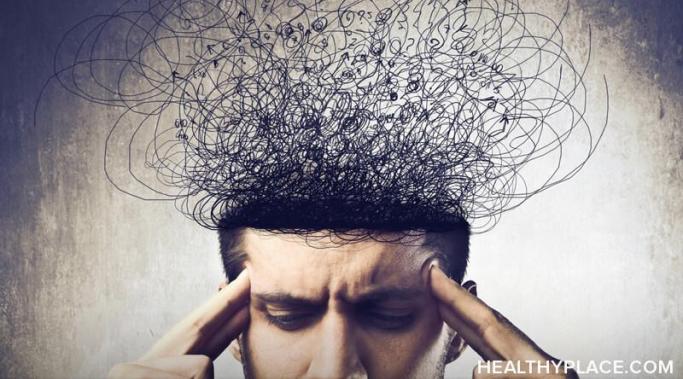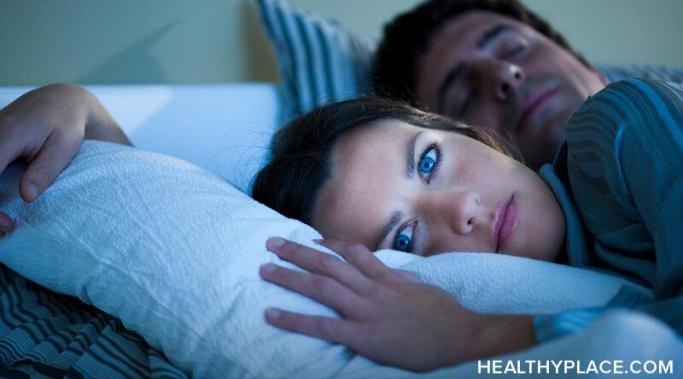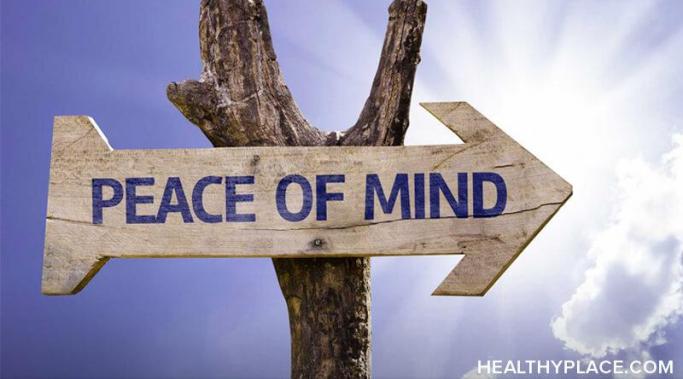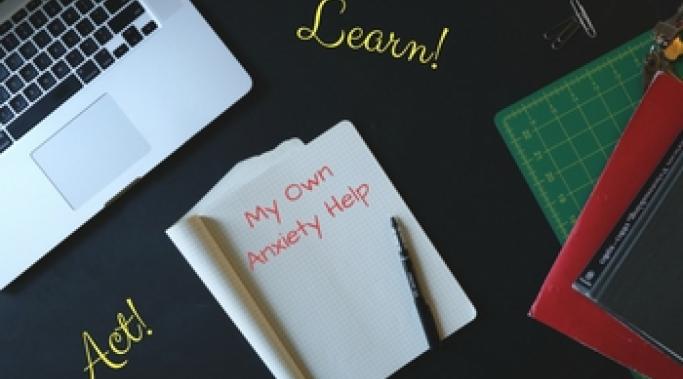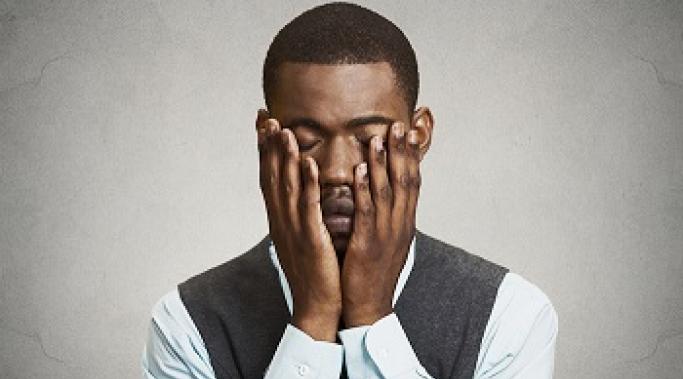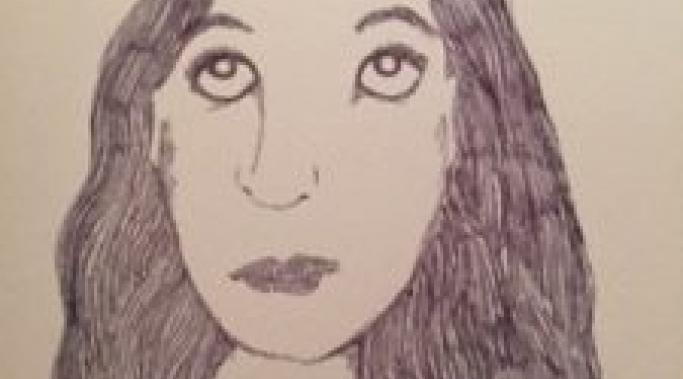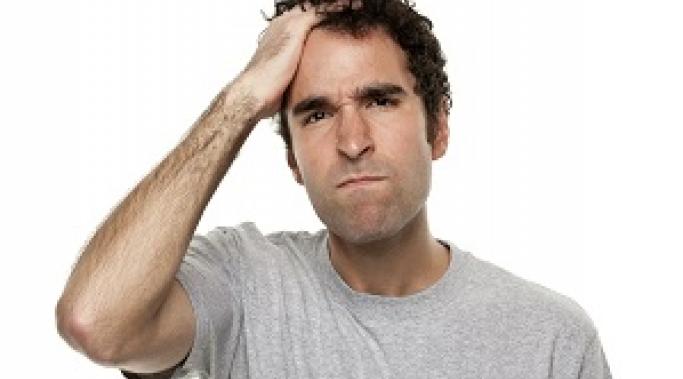Treating the pain of anxiety and headaches is increasingly possible now that medical and mental health professionals are beginning to understand the very real connection between anxiety and headaches. In the past, doctors treated anxiety and headaches as two separate conditions. People who lived with both of these uncomfortable illnesses often failed to get true relief. Now that people are beginning to uncover the connection between the two, treating the pain of anxiety and headaches is possible. You can improve not just anxiety and headaches but the overall quality of your life.
Anxiety Treatments – Anxiety Schmanxiety
It happens to me all too often. I work full time. I ride my bike to and from work every day. Theoretically, I should fall asleep the second my head hits the pillow, but I don’t - racing thoughts and a restless heart, more often than not, make that impossible. Instead of letting every sleepless night snowball into catastrophe, I’ve learned how to turn them into something more manageable. Here are some of the things that have helped me the most.
If you're asking yourself, "Do I need therapy for anxiety?", this article will help you find an answer. Anxiety therapy can be extremely helpful in reducing anxiety and taking back the person you know you are and miss having around. As bad as anxiety can be, we often are unsure of whether or not we need therapy for anxiety. We wonder if we’re making too big of a deal out of things. Should we just keep trying to deal with anxiety symptoms by ourselves? Wondering when to enlist the help of a therapist is common. This checklist can be a useful tool in deciding whether you need therapy for anxiety or not.
As life-disrupting and misery-creating as anxiety can be, it’s often difficult to know when you should see a doctor about anxiety symptoms. Learning when you need anxiety help will help you feel more confident and less anxious about your decision. Use the following information to help you decide if and when you should see a doctor for anxiety.
Mindfulness-based stress reduction, or MBSR, for anxiety is much more than just a long, official-sounding, somewhat intimidating name. MBSR is an accessible process that helps people of all ages, beliefs, and backgrounds turn stress and struggles like anxiety into positive change for their lives. Developed by Jon Kabat-Zinn in 1979, MBSR is a program that uses mindfulness to enhance wellbeing. In doing that, MBSR reduces stress and anxiety when they interfere in your life. Whether or not you participate in a formal program, you can use MBSR to rein in your anxiety and stress.
Deciding to seek help for anxiety so you can take back your life but then being unable to find help for anxiety is incredibly frustrating (Types of Mental Health Doctors and How to Find One). For a variety of reasons, such as insurance problems, lack of qualified mental health professionals in an area, difficulty getting or keeping appointments, and more, mental health help isn’t always readily available. While ideally everyone would be able to receive medical and therapeutic help for anxiety, doing so isn’t necessary to treat and manage anxiety. There are things you can do when you can’t find help for anxiety.
It can be surprisingly difficult to know when you need anxiety help. Sometimes we are agitated, second-guessing ourselves, worrying about our mistakes or how we’re perceived or that something bad will happen. Yet despite this nagging anxiety, it’s common to wonder if you need anxiety help or if the anxiety is just something to deal with until it passes. Here, learn ways to tell if you need anxiety help.
Finding the best anxiety treatment can be hard, because having anxiety is more than being a little worried. Anxiety affects mind, body, and spirit, and it interferes with living. Therefore, people search for effective anxiety treatments: medication, therapy, alternative treatments, and tools and techniques that are effective in managing anxiety. Many research-based, formal anxiety treatments exist, and that’s a very good thing (Anxiety Treatment: How to Treat Anxiety). However, sometimes the best anxiety treatment is a plate of cookies, a glass of milk, and the company of a loved one.
I have a lot of introspective thoughts and I worry that in the past this has inevitably come across during conversations as me being self absorbed. There, I’ve said it. I guess that a lot of people can relate to this somewhat, but for a person with an anxiety disorder, introspective thinking can take on a whole new meaning. Being locked in this repetitive thought process has seriously distracted me from the important things in life and has even led to arguments. The insult that tends to get most thrown at me during a disagreement is that I am “selfish.” On some levels I can see how this could come across. During times when I am wrapped up in my own anxious thoughts, I can admittedly be less than fully aware of the hurt of others.
I once heard an exasperated man lament, "My depression treatment makes my anxiety worse!" He's not alone in this frustration, and neither are you if you've found that treating depression worsens your anxiety.
